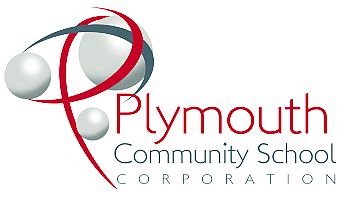August 11, 2014
 Since 1998, Marshall County high school students who were having difficulty learning in traditional classrooms or experiencing special circumstances that took a more flexible schedule to keep them in school have profited from the Alternative School.
Since 1998, Marshall County high school students who were having difficulty learning in traditional classrooms or experiencing special circumstances that took a more flexible schedule to keep them in school have profited from the Alternative School.
The one constant has been the teacher, Suzie Clevenger. Clevenger made her annual report to the Plymouth Board on August 5. As usual, the results spoke volumes to the persistence of the instructor and the hard work of the students.
Classes are scheduled each weekday from 8:00 A.M. until 11:00 A.M. and 11:30 A.M. until 2:30 P.M. There are also night school courses that are held in Plymouth High School. Students earn their high school credits through independent study, guided sessions and group coursework.
For each semster during the 2013-2014 school year, there were between 19 and 22 students enrolled.
At the end of the 2013-2014 school year, 35 of the seniors who were enrolled in the program graduated. Three more of the 39 that attended the Alternative School during the day and/or attended classes during the evenings at PHS, are on track to get their 2014 diploma if they can finish their class work by an October 1 deadline. One senior transferred to another school before the end of the school year.
There were also 10th and 11th graders enrolled.
Attendance remains high for both the day and night classes. The average attendance rate for the Alternative School was 91.87 percent and night school, 80.47 percent. Those taking the ECA (End of Course Assessment) passed at 96.40 percent in English (54/56 students) and 96 percent in math (48/50 students).
The Alternative School courses are also used by the PHS Learning Center. Those students enrolled use the extra help to recover credits needed for graduation.
Funding for the Alternative School comes from an Indiana state grant that covers approximately 35 percent of the total costs. The remainder is funded through tuition support that the school corporation receives for each student.
Each year, prospective students must apply and the applications are reviewed by an Advisory Board made up from school principals and guidance staff.
Of the 30 applications received for the upcoming school years, the Board approved 19 for the first semester.
Plymouth Schools Assistant Superintendent Dan Funston said, “It’s a great program which has enabled hundreds of our students to graduate who sometimes would not have graduated without it.”
Carol Anders Correspondent